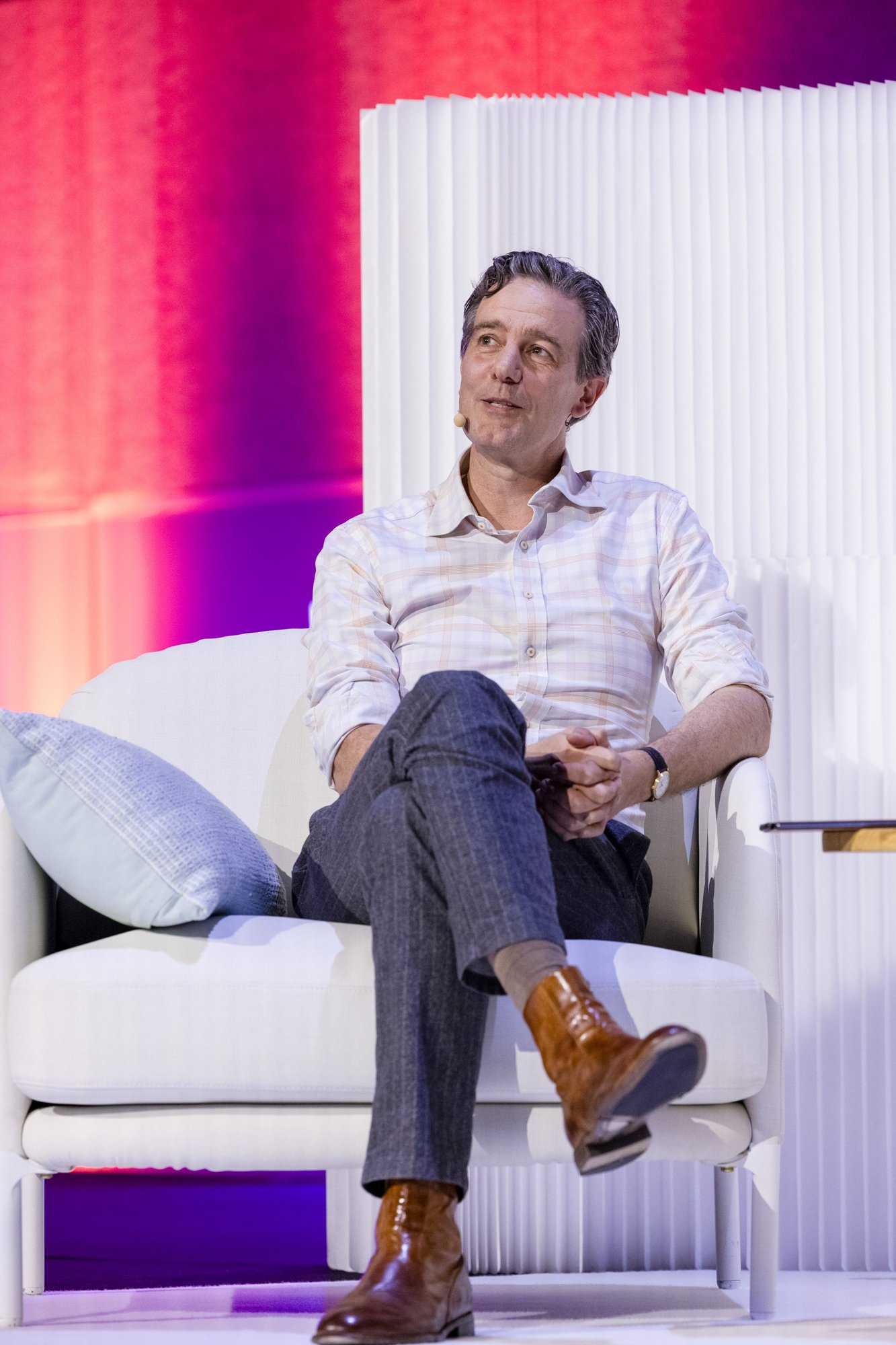RESEARCH
CEW is committed to advocating for policies that advance women leaders and promote gender equity through evidence-based research. We aim to dismantle barriers that hinder women's progression into leadership roles and contribute to the national debate on gender balance.
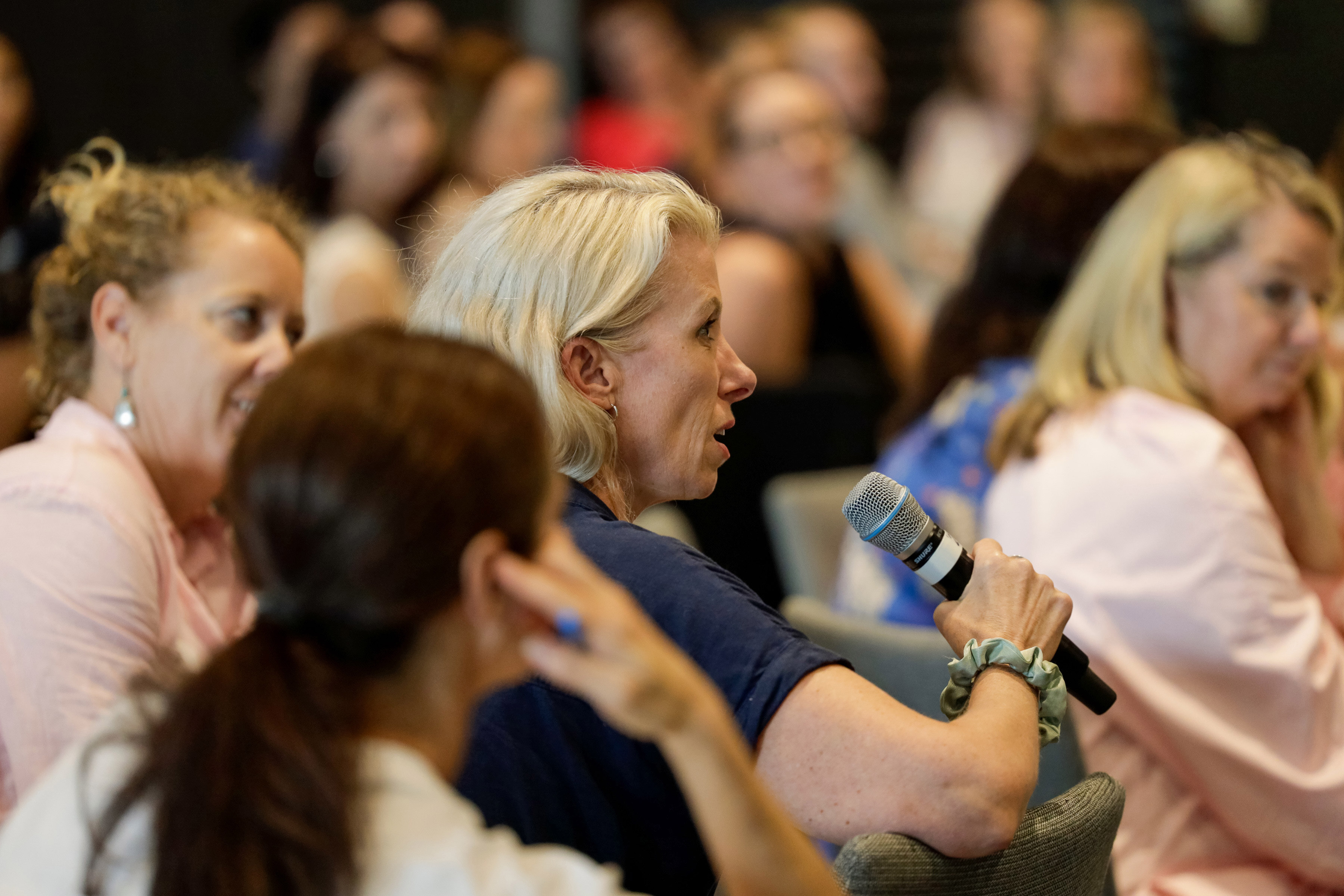
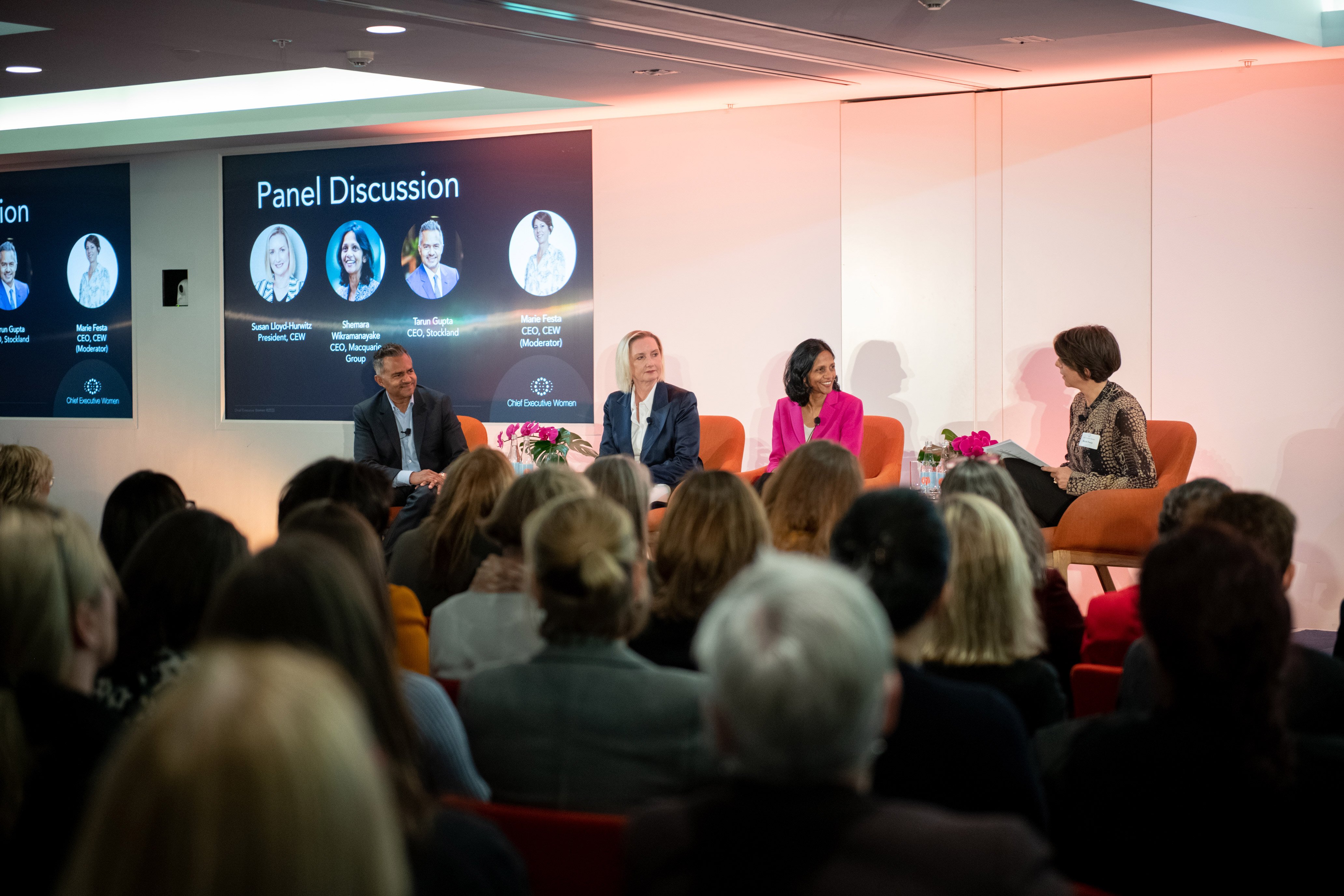
CEW SENIOR EXECUTIVE CENSUS
The annual CEW Senior Executive Census, conducted in collaboration with strategic partners, tracks women’s representation in ASX300 companies’ leadership teams. It provides vital insights to support gender equity in the workplace.
UNLOCKING LEADERSHIP: Conversations on Gender and Race in Corporate Australia
Explore our report on the experiences of culturally and racially diverse women in senior leadership roles in ASX300 companies. Gain insights into barriers faced, and actions for unlocking diverse leadership potential.
MERIT TRAP
CEW and the Champions of Change Coalition are working together to identify approaches towards this end, put them into practice, and disseminate those that are successful.
STEM: WHY DON'T WOMEN GET COOL JOBS
We highlight actions to advance women in STEM leadership roles through insights from women who are leading the way, in conjunction with Boston Consulting Group (BCG).
ADDRESSING AUSTRALIA'S CRITICAL SKILLS SHORTAGE
Illustrating how to address the Australian economy’s current and future skills gaps in partnership with Impact Economics and Policy.
ACCELERATING WOMEN'S REPRESENTATION INTO EXECUTIVE LEADERSHIP
A deep dive into how Australia’s leading organisations foster gender balance on their executive teams, created in partnership with Bain & Company.
FLEX FOR SUCCESS: Five Practices That Build a Flexible Workforce
Changes in the workplace that both illustrate the value of flexibility and create an opportunity for a permanent shift.
CEW SUMMIT 2023 WHITEPAPER
Explore the insights, actions and results shared by thought leaders at the CEW Leadership Summit 2023, focused on accelerating gender equity. Learn more about the commitment to fast-track equality and the imperative of taking bold actions to drive change.
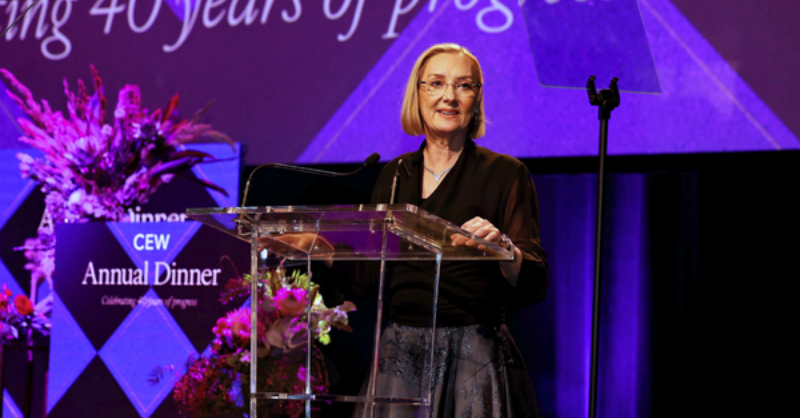
.png?width=632&height=793&name=resources-content-image-1%20(1).png)
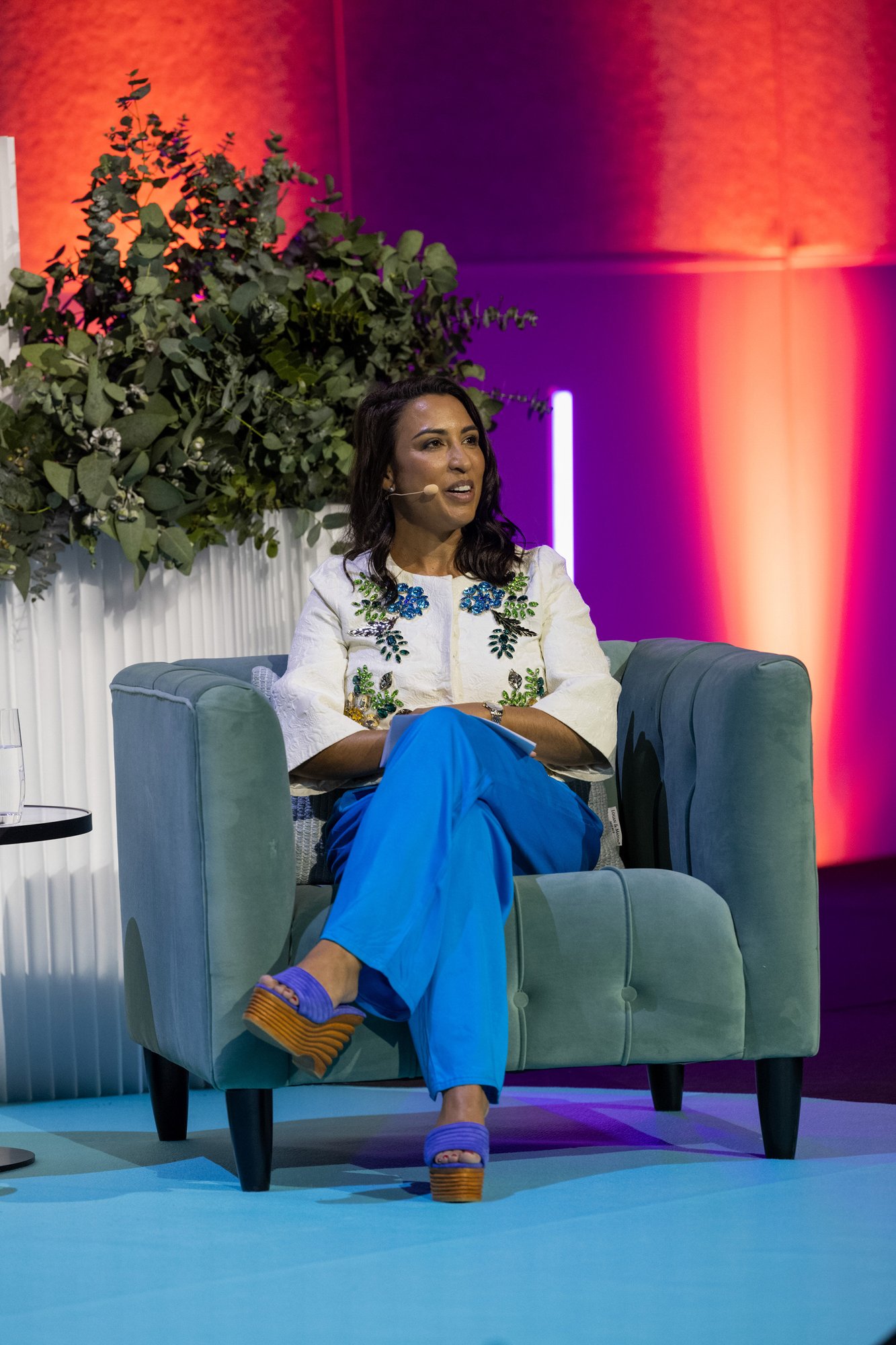

.png?width=632&height=776&name=resources-content-image-4%20(1).png)


